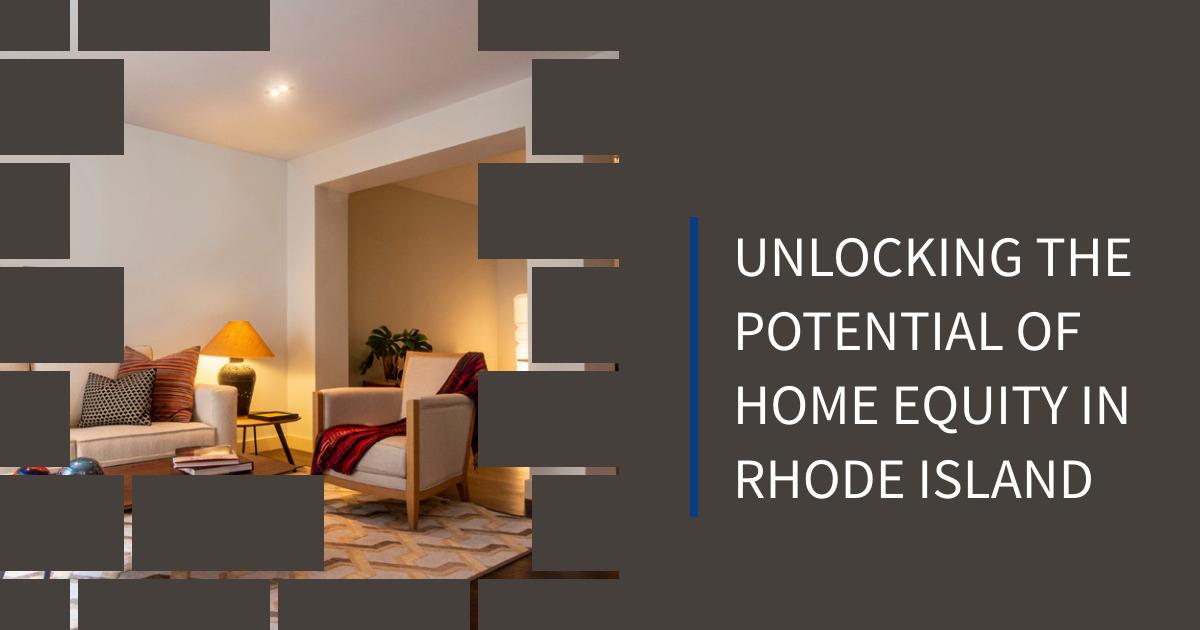As of mid-January 2023, the rate for a 30-year fixed-rate mortgage is 6.33%. Though the rate has dropped since its peak of 7.08% in October 2022, it currently remains at a 14-year high.
What factors affect mortgage rates?
Mortgage rates are high right now due to a combination of factors including an increase in inflation expectations and the Federal Reserve's decision to raise short-term interest rates. As interest rates rise, lenders are forced to increase their own mortgage rates to protect their profits.
What options do home buyers have?
For many, securing a lower mortgage rate can mean the difference between an affordable monthly housing payment and one that’s out of reach. Fortunately, there are several strategies you can use to reduce your mortgage costs and save money in the long run.
Let’s break down some options:
Buy mortgage discount points
You can secure a mortgage rate buydown by paying points. These are fees paid upfront when taking out a loan in exchange for a reduced interest rate. As an example, if you’re offered a 6% interest rate on a $400,000 mortgage, you could pay $4,000 to lower the rate to 5.75%. Although you’re spending more money initially with this option, you’ll spend less over the life of the loan due to having locked in a lower interest rate.
Mortgage rate buydowns help both buyers and sellers
If you’re a homebuyer, buydowns allow you to save money on the life of the loan so you can enjoy a more affordable monthly payment.
Are you a seller? Buydowns can be useful to you as well! In a slow market, you can incentivize a sale by offering to cover the cost of mortgage discount points in agreements referred to as seller concessions. Seller concessions can allow for up to nine percent of the purchase price depending on what kind of mortgage and down payment is being used. Your real estate agent will know if this type of arrangement is applicable to your buying or selling situation, so definitely ask about it if you feel it applies to you.
Access lower interest rates through special home buyer programs
First-time home buyers may be eligible for government and community mortgage programs that offer lower interest rates, cash grants for closing costs, forgivable loans for down payments, and other home-buying incentives. You can explore the various programs on the Housing and Urban Development (HUD) website. Additionally, there are some federal programs that’ve been proposed to Congress and may be passed into law by the time you’re ready to make your purchase.
Some recent programs include the Downpayment Toward Equity Act of 2021 which is a grant program to provide between $20,000-$25,000 in qualifying assistance to certain first-time, first-generation home buyers during the purchase of a home. In addition to providing a reduction of mortgage interest rates, those who qualify can enjoy assistance with down payments, mortgage closing costs, and subsidies for shared equity homes. Sounds great right? Even better, your lender will automatically process the grant at closing, so you don’t have to worry about any additional paperwork.
Another program, the Low-Income First-Time Homebuyers Act of 2021 (LIFT) provides fixed-rate 20-year mortgages for first-time, first-generation homebuyers whose incomes do not exceed a certain amount. Its purpose is to help homeowners build twice as much equity for nearly the same monthly payment as a standard, 30-year, FHA-insured mortgage. During the pre-approval process with your lender, you’ll be able to find out if you qualify for this benefit.
Other programs are available based on your state or area of residence. Home buyers in low and moderate-income areas may be able to benefit from reduced mortgage rates through HomeReady, a program offered by Fannie Mae, and Home Possible, a Freddie Mac program.
Your real estate agent and lender will have more information on the specifics of what options are most relevant to you, so get that conversation started today so you can prepare all the paperwork necessary to take advantage of the latest legislation.
Choose the right closing date
When purchasing your first home, a mortgage rate lock is the lender's guarantee to honor a certain interest rate for an agreed-upon fee over a set time frame. By selecting a sooner closing date, home buyers can reduce their mortgage rate.
Generally, mortgage lenders increase their interest rates by 0.125 percentage points for every 15-day increment of a rate lock. The lowest rates are associated with 30-day rate locks and the highest rates with 90-day rate locks. When drafting your purchase offer, select a closing date that falls within 15-day intervals. For example, opt for thirty days instead of thirty-one and forty-five days rather than forty-six to get the most competitive interest rate available.
Shop around
Comparison shopping is a reliable way to lower your mortgage interest rate. A study from Freddie Mac shows nearly half of consumers don’t shop for better rates before taking out a mortgage. That’s unfortunate because if you get at least two different quotes you’ll likely save an average of $1,500 in closing costs and/or interest payments over the life of your loan. Those who obtain more than four quotes typically save $5,000 or more.
Increase your downpayment
For those with excellent credit scores, each 5% increase in your down payment can yield a decrease of 0.125 percentage points to your interest rate. However, buyers with less-than-stellar credit will not experience any savings until they have made a 20% down payment.
Plan ahead and work on your credit score
If you aren't planning to sign a contract in the next month, take this time to focus on boosting your credit score. A 20-point increase in your FICO can lead to better rates. Many home buyers are able to improve their scores with minor changes to their finances and there are online tools like Credit Karma, Credit Sesame, StellarFi that make it easier to raise your score within 30 days. Some strategies for increasing your score include:
- Reducing your balance on any credit cards and aim to use less than 30% of your limit on any card. Those with the highest credit scores use less than 7% on any given card.
- Asking for higher credit limits. Having a higher limit with the same balance will lower your overall credit utilization ratio, which can help improve your credit score.
- Getting help. If you have a relative or friend with a credit card account that has a high credit limit and an excellent history of timely payments, consider asking to be added as an authorized user. "Credit piggybacking" allows you to benefit from someone’s positive payment record without requiring them to let you use their card or give you their account number.
- Asking for higher credit limits. Having a higher limit with the same balance will lower your overall credit utilization ratio, which can help improve your credit score.
- Noticing errors. Challenging mistakes on your credit report can help you quickly improve your credit score. Each of the three credit reporting bureaus have online portals to make the dispute process easy.
Which option is best for you?
Though many strategies are available for lowering your mortgage rate, it’s wise to discuss your needs with an experienced real estate agent and lender early in the process so they can identify the best options for your financial situation. Additionally, by taking steps to improve your credit score, shop around for lenders offering competitive rates, and looking into options such as rate buydowns, you can increase your chances of getting a better deal on your mortgage. Taking advantage of these tips could save you thousands over the life of your loan.






